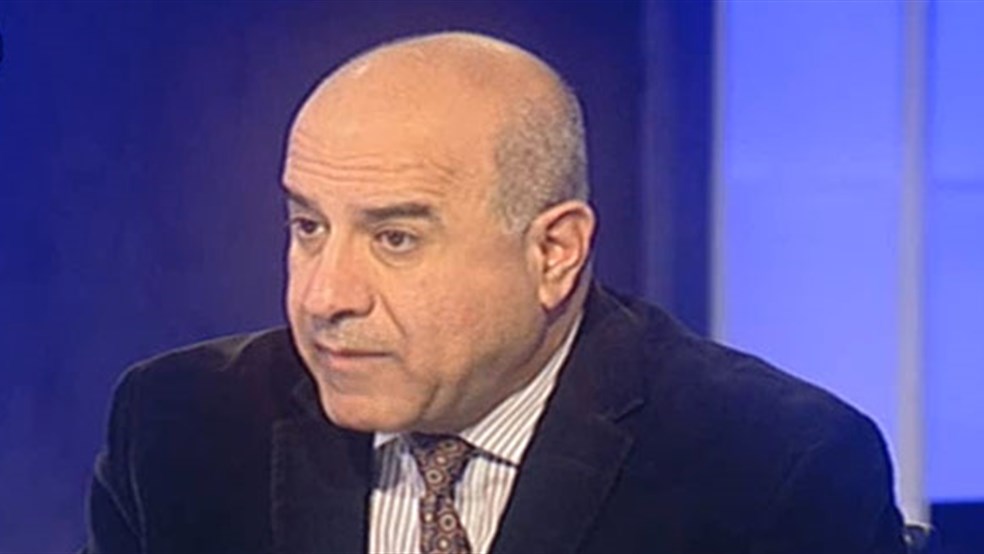شارل الياس شرتوني: إرهاب على ضفاف نهر الفرات ومخاطر تحدي الإمبريالية
Terror Terror on the Euphrates and the Hazards of a Challenged Imperialism
Charles Elias Chartouni/November 08/2021
The assassination attempt on Mustapaha al Khadhimi (Iraqi prime minister) has an unmistakable address, Esmail Qaani (the Quds Force Commander) and any other destination is an idle exercise in misinformation.The defeat of the pro-Iranian candidates in the last elections, the growing estrangement of Iraqi Shiites towards Iran and its militant branches in Iraq (‘Asa’ib ahl al Haq, Kata’ib Hezbollah), the obvious distancing of Muqtada al Sadr (the Iraqi religious leader) and the open antagonism between the Iraqi religious reference (مرجع تقليد, traditionist) in Najaf and Qom, the utter rejection of their legacy of corruption (Nuri al Maliki and acolytes) and repression, the resurgence of Iraqi nationalist pride vis à vis Iranian arrogance and condescendence, and the failure of Shiite trans-national political militancy as a power vector of Iranian imperial forays in various Arab countries, account altogether for the electoral defeat and the weariness from the Iranian imperial policy and its domestic political lieutenancy.
The attempt on the life of prime minister al Khadhimi is quite symptomatic of the widening rejection of Iranian suprematism, and the malaise elicited amongst its Iraqi surrogates and their sense of fleeting influence. The openness towards the US and Western democracies, and the refusal of Iraqi leadership to align unilaterally Iran’s foreign policy and its strategic choices is no hazard, it’s a new policy course that the Iranian regime cannot condone at a time when it seems to lose its bearing, while negotiating an equivocal nuclear accord.
The Iranian imperial inroads are facing multiple obstacles ranging between the traditional Sunnite-Shiite rivalry and the post-revolutionary Shiite repudiation of the Iranian Islamic revolution and its composite legacy. The rise of strong opposition figures among clerics (al Sistani and al Sadr) and politicians (PM al Khadhimi) is no coincidence, it’s the expression of an enhancing tidal wave opposing the Shiite imperial strategy led by the Iranian regime and its destructive impact on native Shiite communities.
Paradoxically enough, Lebanese Shiites are still under the spell of the Shiite imperial paradigm nurtured by their central role within the Iranian imperial system, their consolidated extra-territoriality within Lebanon, their aspirations to pilot the eventual geopolitical reconfiguration of the Near East, the millenarian delusions of a Shiite regional political order, and a well entrenched state of delinquency endorsed by religious jurisprudence and suprematism. Iran’s endangered imperial inroads are going to be, more and more, at the source of major destabilization ventures throughout the Larger Middle East, especially at a time when external challenges are met with the declining fortunes of a bankrupted dystopia and its unraveling myths.























